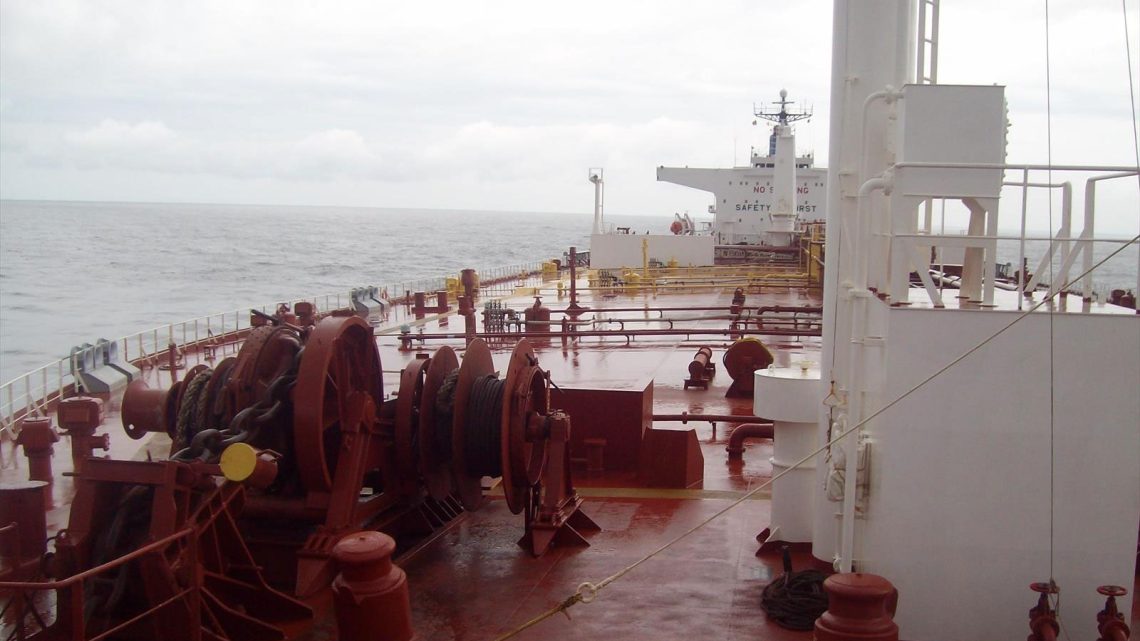
Indian Oil Purchases Propel Ukraine Conflict: The Structure of “Shadow Fleet Trafficking” Exposed
March 6, 2024Amidst the ongoing conflict between Russia and Ukraine, India’s unprecedented surge in oil purchases from Moscow has sparked controversy, according to a report by the Finland-based Centre for Research on Energy and Clean Air (CREA). The findings shed light on India’s substantial financial support to Moscow, significantly contributing to the fueling of the Ukraine war.
The CREA report discloses that India has injected a surprising $37 billion into Moscow’s assets through an unprecedented surge in the purchase of Russian oil. This move, occurring simultaneously with the conflict, not only strengthens the Russian economy but also poses a challenge to Western sanctions aimed at isolating Russia diplomatically and economically.
A key revelation from the report is India’s remarkable increase in the acquisition of Russian crude oil, surpassing pre-war amounts by over 13 times. This surge in purchases not only undermines erstwhile crude oil acquisitions by Western buyers but also raises concerns about India’s alignment with global efforts to isolate Russia amid the ongoing conflict.
Furthermore, the report exposes a clandestine aspect of India’s involvement in the conflict through the refining of some of the purchased crude and subsequent exportation to the United States as oil products, amounting to over $1 billion. This intricate web of transactions raises questions about India’s adherence to international sanctions and its role in supporting the Russian economy during a critical geopolitical crisis.
In addition to the oil purchases, the report delves into India’s participation in what experts term “Shadow Fleet Trafficking.” By examining shipping routes, experts suggest the existence of a shadow fleet of crude tankers, possibly created by Moscow to obscure trading partners and maximize profits. CERA, the think tank behind the report, documented a multifaceted shadow oil trade at the Greek port of Gythio in the first week of February.
This shadow fleet trafficking involves ship-to-ship trafficking, where two oil tankers sidle next to each other to pass crude oil between vessels. The objective is to disguise the origin and ultimate destination of the oil. Notably, one of the oil ships involved is owned by an Indian-based company accused of sanctions violations, while the other was previously owned by an individual subject to separate US sanctions, according to the shipping monitoring firm Pole Star Global. To conclude, India’s increased purchase of Russian oil not only contributes to the ongoing Ukraine conflict but also raises questions about its compliance with international sanctions. The involvement in shadow fleet trafficking adds another layer of complexity to the situation, urging the international community to scrutinize the intricate web of transactions and alliances amid geopolitical tensions.

